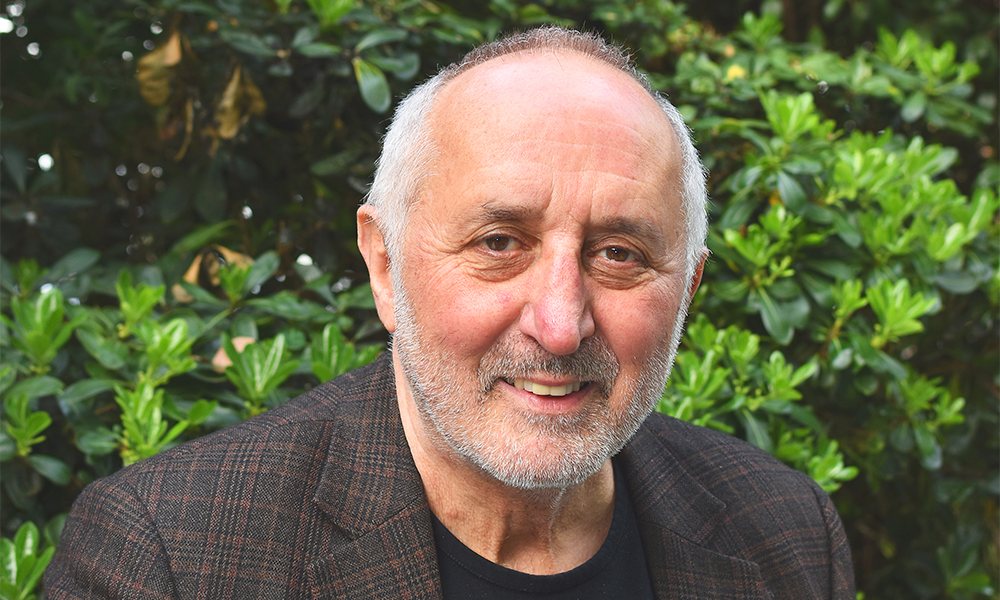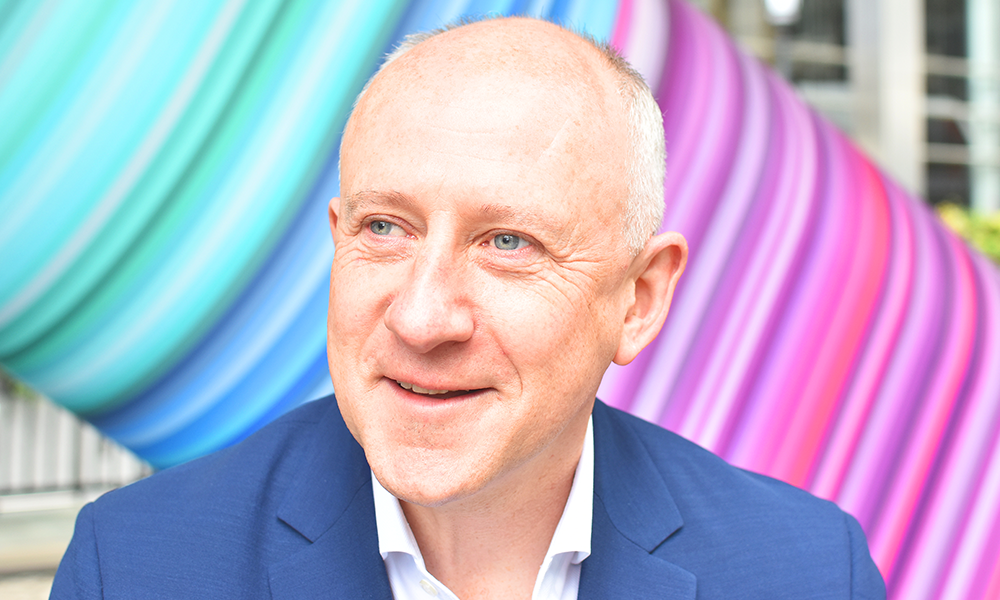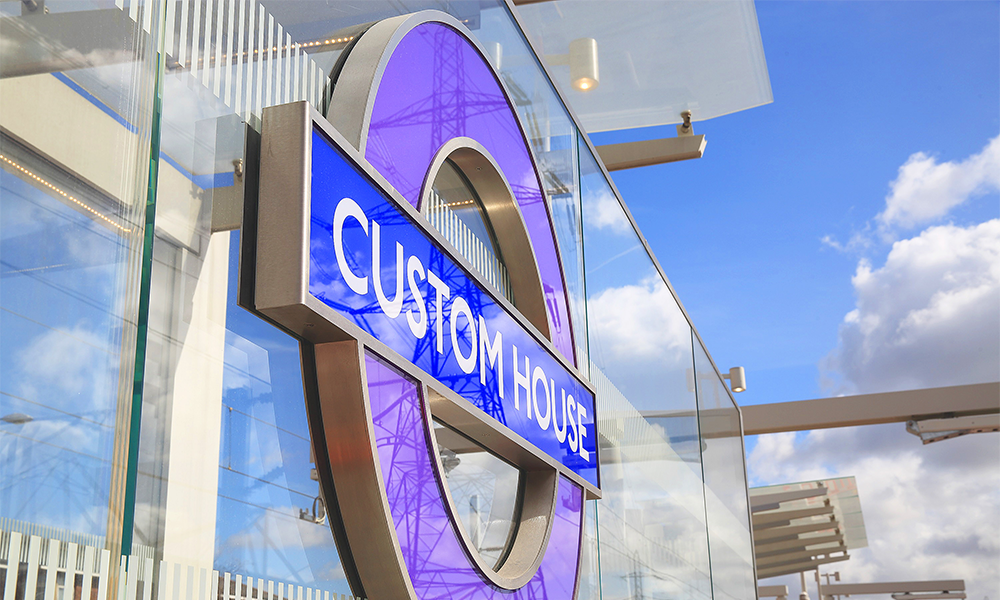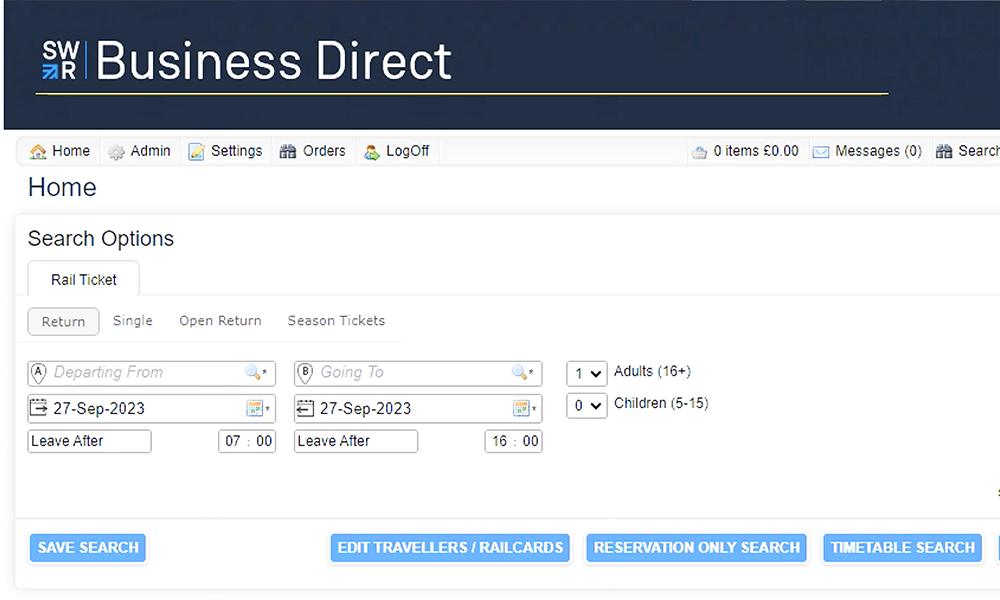How CEO and founder of Canary Wharf-based business, Chris Ezekiel is helping companies navigate the technology as it develops
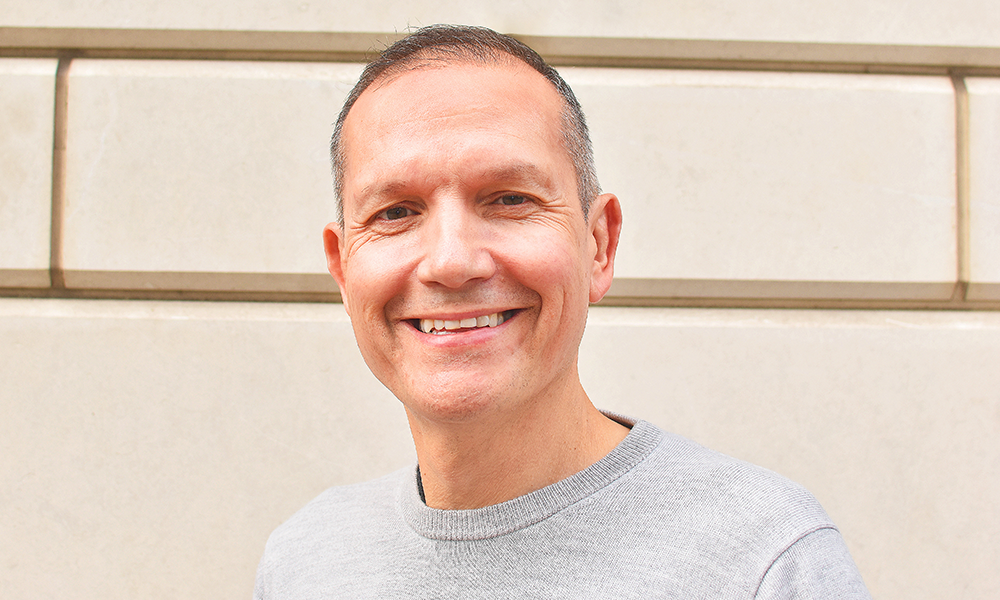
Subscribe to our free Wharf Whispers newsletter here
Lego bricks are on Chris Ezekiel’s mind.
His son Matthew, three, is already a proficient builder, while younger brother Harry (one) is quickly learning the ropes with Duplo.
For Chris – CEO of Canary Wharf-based conversational AI firm Creative Virtual – the inspiring thing in their play is the way the boys use whatever materials are available to build exactly what they want.
“It’s now my kids who are giving me direct analogies for our approach,” said Chris, who founded the business on the Isle Of Dogs 21 years ago to provide customer service chatbot facilities for companies.
The firm has grown over more than two decades into a global operation serving customers around the world across multiple sectors in 23 countries and 40 languages but remains based in Canary Wharf close to where Chris grew up.
In that time, perhaps the biggest change in the marketplace it inhabits came in 2022 with the emergence of large language model AI technology, typified by the arrival of ChatGPT.
With the whole world seemingly abuzz and eager to get the most from the promise of this new tech, Creative Virtual stepped up, offering customers free proofs of concept showing how it might be deployed.
“It’s one of the best moves we’ve ever made,” said Chris.
“It was costly, of course, but in those two years companies were becoming very excited about generative AI and needed help to navigate the capabilities – advice on deploying them in a way that’s safe and can be trusted.”
With competitors in the field simply bolting on AI facilities to existing customer relationship management systems, Creative Virtual saw an opportunity.
“They were doing that almost as an afterthought,” said Chris.
“We’ve seen a real kick-back against it, with customers saying they don’t want to be tied into a single vendor.
“With the technology continuing to develop, we wanted a system where we could take the best conversational AI or best customer service system and plug them into each other – combining components.
“That’s where we’re having our biggest successes.
“It’s like building those Lego models, you pick the pieces you want and make something that’s greater than the sum of its parts.
“You want to be able to select the best of the breed.”

putting the pieces together
This idea of the “composable enterprise” is at the heart of the company’s approach, with its V-Person products and V-Studio platform allowing customers to choose and control the services they want.
It’s a strategy that also gives Creative Virtual an advantage because the firm can quickly adapt its offering to meet its clients’ needs and the changing landscape of the sector.
This flexibility is a strength in terms of allowing businesses to stand out too.
“Since OpenAI released ChatGPT, larger companies have set up teams to handle their ethical response to the technology,” said Chris.
“So, while a business might be ready to go live with a project, the brakes might be applied to ensure compliance.
“The EU’s Artificial Intelligence Act has also come in, which affects how organisations operating in Europe can use the technology and so must be taken into account.
“What we’ve done is to put appropriate safeguards – a really key word – in place around the AI systems to control what they can do.
“This means that no matter what changes occur and where a company is going to deploy the technology, there’s support there.
“Organisations want to provide information that’s accurate and consistent in a trusted way.
“They’re all trying to improve the customer experience and increase brand loyalty and this is the interesting part.
“Although price is very important today, what we still see with most organisations is that the number one thing that differentiates companies from their competitors is customer experience.
“There’s a real danger here with AI, because businesses have been sold off-the-shelf solutions.
“When you go to a website or use a mobile app to contact a company, the experience is often very vanilla – some firms are not really thinking about the brand they should be delivering.
“What we’ve done with ours is to make it very easy to create a blend between human and AI-generated content – this is the cornerstone of our product.
“This enables organisations to do what my boys do with their Lego bricks – to build bespoke customer experience offerings that align perfectly with their brands.”

a tailored approach with Creative Virtual
Being able to embed that distinctive character in communications is an essential selling point for Creative Virtual as it continues to diversify into new sectors, whether its chatbots or voicebots are speaking to its clients’ customers or employees.
“We’re able to create a rich, brand-aware experience for users,” said Chris.
“We’re increasingly seeing marketing, digital and the customer contact centre come together in more forward-thinking organisations.
“One of our big growth areas is in retail to help companies offer sales advice and customer contact.
“Employee experiences are just as important and we’re also delivering solutions for HR departments and IT service desks, for example, whether that’s to access information on a self-service basis or to connect with a human.
“That’s one of the pieces that can get lost when considering AI – the human aspect is still key so when the computer isn’t answering the question, then there’s a human at the end of the line to pick things up.
“All in all, we’ve got some really interesting projects happening in financial services, retail, travel, hospitality and government in different parts of the world.”
As for the future, Chris is excited by the rapid development of the technology and the benefits it can bring.
He said: “One especially interesting thing for me with AI is its ability to summarise information because we’re all overwhelmed at present.
“It’s one of the less risky ways of deploying the technology and it’s interesting that only now Apple, the biggest company in the world is starting to explore this.
“One of the things we’ve done as a company working with the technology is to put guardrails in place to constrain the large language models we work with and ensure they are only ingesting and answering questions on the correct material.
“We have a good solution for that, where when the AI is giving a generative answer, it gives a reference for the information.
“While everybody working in this space is interested in the development of general intelligence, for us there are two other areas that are particularly relevant.
“The first is voicebots.
“For years we’ve been able to talk to our devices and dictate messages – people are getting more used to that and it’s improved over the years but some of the technology we’re seeing now is able to have much more natural conversations with people.
“You can pause and interrupt, as though you’re talking to a person.
“We’re doing some beta testing of this for one of our customers around that. It looks promising, but it’s got a way to go.
“The other aspect is about bringing in other media to interactions.
“We’re already seeing AI systems that generate images and video, but soon they will be able to make sense of them, answer questions about them and adapt them.
“All this stuff exists today, but it’s going to accelerate quite quickly, and that’s going to be part of the mix.
“The model’s going to be about much more than text – serving customers and employees with all sorts of other media to help people have very natural conversations.
“We are starting to work with customers on augmented reality, where they’ll create a customer experience in a virtual world.
“Augmented reality will plug into what we do, so that’s why it’s important to be working with customers now – we have to take a long-term view.
“As a company with no investment we’ve been able to do that over the past 21 years.
“Our team is incredible, many of them have been with me on the whole journey – you don’t get many chances in life to create a new sector in business and be a global success.”
key details: Creative Virtual
You can find out more about the company and its products here.
Read more: How Dez Amore has smashed burgers and pasta together under one brand




